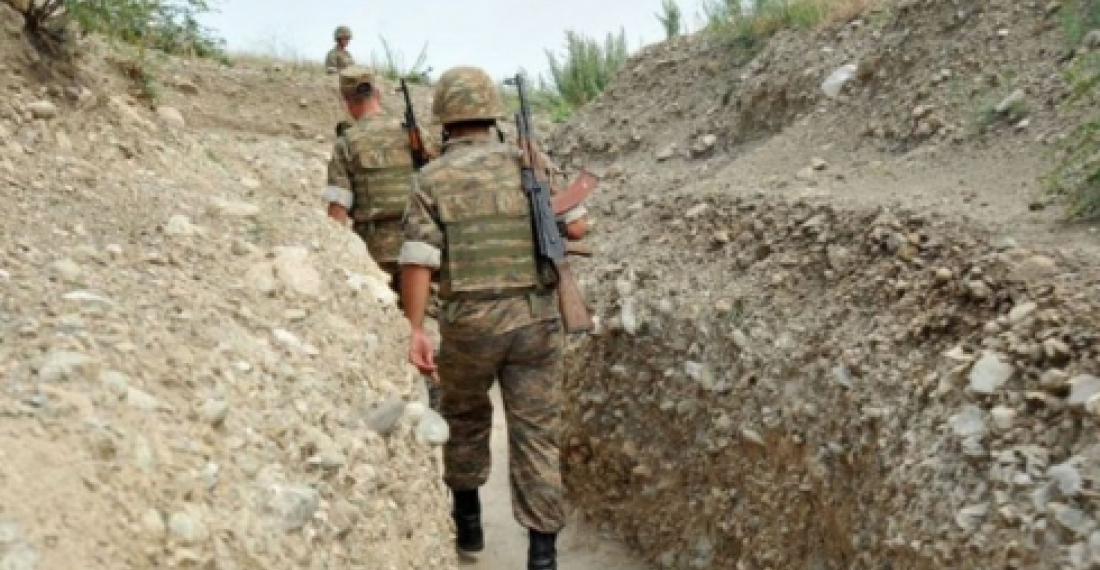Two Armenian soldiers have been killed, and many more injured, following heavy rain and strong winds.
A Ministry of Defence spokesman confirmed the deaths early on Wednesday morning, naming the victims as junior sergeant Vardan Ghrmanjyan and private Armen Ghazaryan.
Grmanjyan's body was found around 5.45 in the morning, while Gazaryan's body was found three hours later, according to the army’s investigative committee.
It was not immediately clear where in Armenia the men died.
SOURCE: commonspace.eu and agencies
PHOTO: Armenian soldiers






